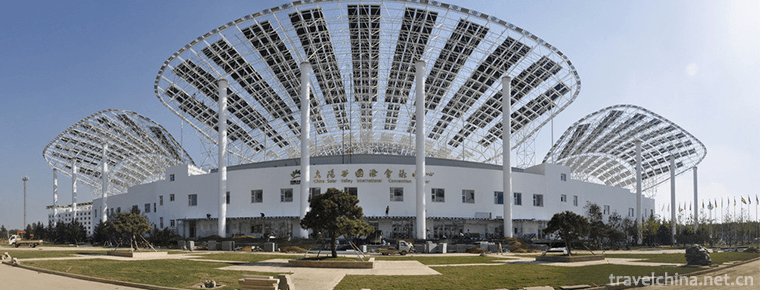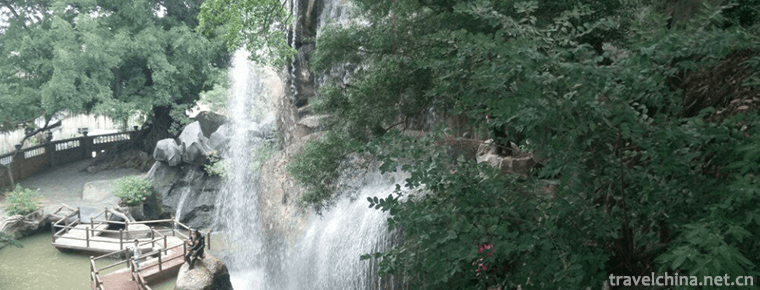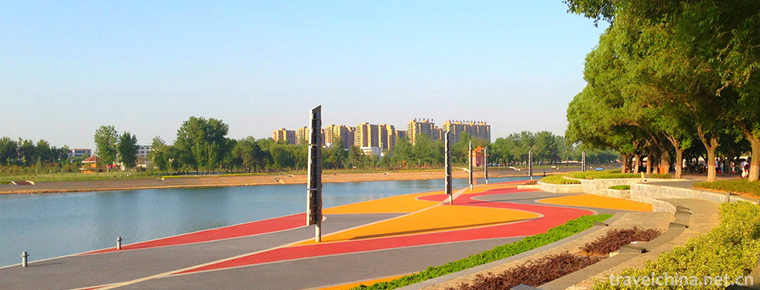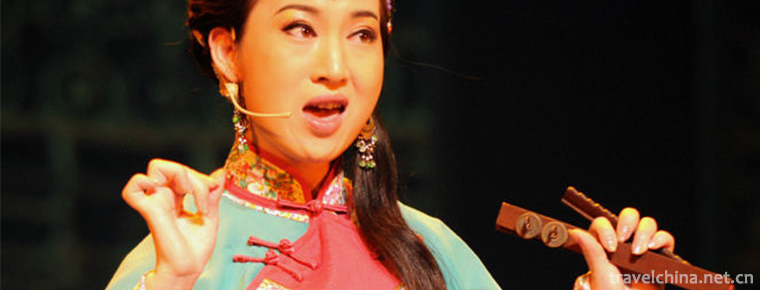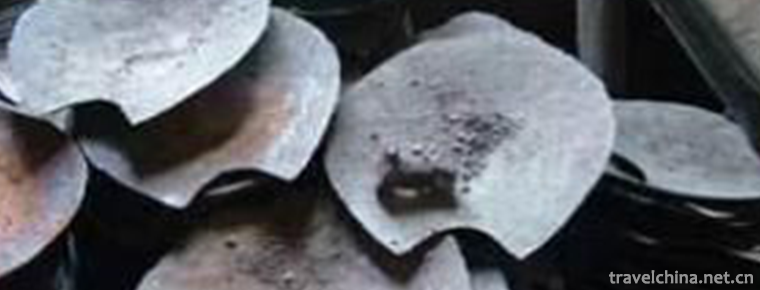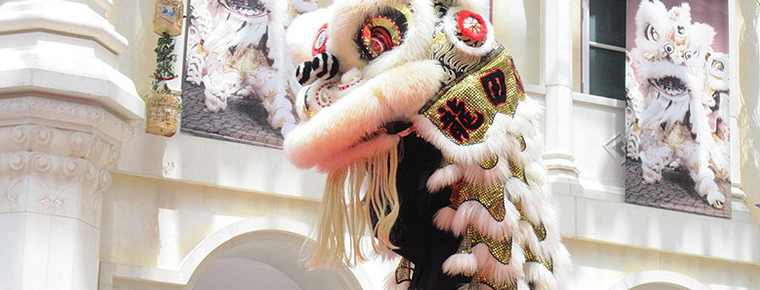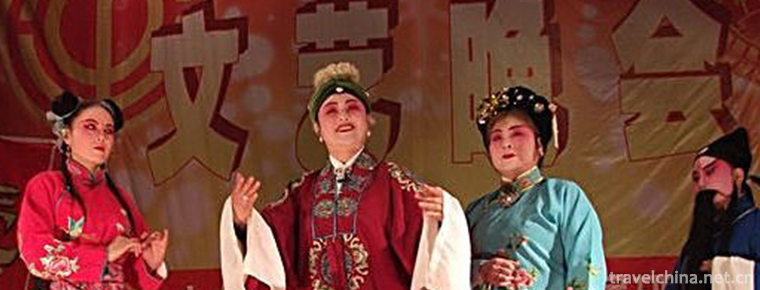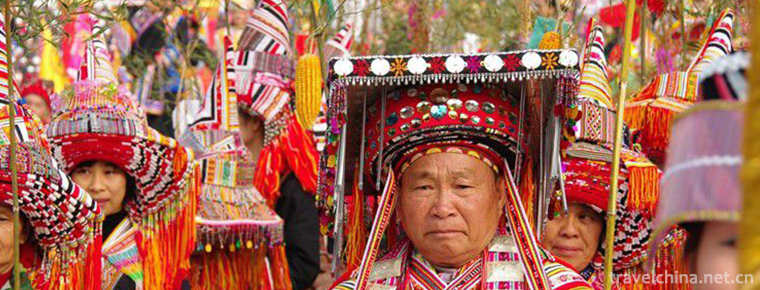Jiang Weicheng
Jiang Weicheng
Jiangweicheng site is a representative and important site in the upper reaches of Minjiang River. It is located in the mountain behind the Weishi school in Weizhou Town, Wenchuan County.
medical aircraft
Jiangweicheng site contains the remains of Neolithic, Han Dynasty and Song Dynasty, and has rich cultural connotation. The relics and relics found in the Song Dynasty relics excavated in the site in 2003 provide important material materials for understanding the culture, economic exchange and management of the central government of various nationalities in this area at that time. It is said that the great general of the Shu Han Dynasty garrisoned in Wenchuan. There is an ancient city wall, and some people named it Jiangwei city.
Overview of Jiang Weicheng
Weizhou town is the political, economic, cultural and transportation center of Wenchuan County and the gateway of Aba Prefecture. This place belongs to ranqu tribe in ancient times, and Mianchi town is the former site of county and county. Jiang Weicheng is in today's Weizhou town. Since the Han Dynasty, the buildings of Wenjiang, Mianchi, Wenshan and Wenchuan are named after the Minjiang River in the territory (ancient "Wen" and "Min" are commonly used), and the governance of all dynasties has changed. Now it's Wenchuan Qiang Autonomous County. Weizhou county is surrounded by mountains, and baoziguan is located between Zagunao River and Minjiang River. It has the reputation of "three mountains and two rivers competing for flow". The Tibetan and Qiang people in Wenchuan are good at fighting in history. Qiang blockhouses, especially the original buildings for both residential and military use, are good at fighting. The existence of Jiangwei city just shows that it was the place where the Shu Han and the minority nationalities had a war.
About Jiang Wei
Jiang Wei (202-264) was a famous general of Shu state during the Three Kingdoms period. He once went to Wenchuan to pacify the border chaos. Jiang Weiben was born in Jixian County of Tianshui county (now Gansu Gangu East). The biography of Xiqiang in the book of the later Han Dynasty: "the origin of Xiqiang is the difference between the surname Jiang." Jiang Wei is a Qiang nationality, one of the few minority "cadres" in the Three Kingdoms period. In the early years of emperor Cao's reign, he was appointed as the general of the central government of the Wei Dynasty. In 234 years of Jianxing, Zhuge Liang attacked the Wei Dynasty and died of illness in the army of wuzhangyuan. Jiang Wei and other secrets did not lose their lives. They got rid of Sima Yi and went back to Hanzhong calmly. After Fei's death, he took charge of the military power of Shu Han and was promoted to general. In 263 of Jingyao's sixth year, Hanzhong was lost. Jiang Wei withdrew his troops from Tuzhong (now northwest of Zhouqu, Gansu Province). Zhugexu, a general of Wei Dynasty, defended the bridgehead of Yinping (now northwest of Wenxian County, Gansu Province) and broke his way back. Jiang Wei attacked from behind and forced the Wei army to retreat. He took advantage of the situation to join forces with Liao Hua and Zhang Yi of Shu to defend Jiange (now the northeast of Jiange in Sichuan Province). The Wei army was blocked by 100000 yuan. Because Wei will Deng AI out of the strange forces to Chengdu, Liu Chan out of surrender, Jiang Wei was ordered to surrender. After the collapse of Western Shu, he also wanted to use the Zhong Hui to revive the Shu Han, participated in the Wei general Zhong Hui's rebellion against Wei, and was killed in Chengdu, which shows his firm belief in loyalty to Shu Han.
Jiang Wei made a lot of efforts in carrying out Zhuge Liang's "peace with foreigners" policy and made some contributions. In 247 ad, the Wenchan mountain (now Maowen, Sichuan) was in turmoil, and Jiang Wei led his troops to Pingding. Then he sent troops to Longxi, Nan'an and Jincheng to fight against Wei generals Guohuai and Xiahou in Taoxi. He paid attention to the implementation of Zhuge Liang's policy of "peace with the barbarians" before his death and pacified the ethnic minorities. Perhaps Zhuge Liang attached great importance to Jiang Wei. In addition to Jiang Wei's own talent and strategy, it was mainly because Jiang Wei was a general of the minority nationalities. His important position not only benefited the northern expedition, but also embodied the policy of "pacifying the barbarians".
evaluate
On the mountain ridge on the East Bank of Minjiang River, the county seat is like the ancient city of Jiangwei, where the long dragon spins and lies. Along the Panshan highway of Jiangwei city under construction, you can come to dianjiangtai, and you will feel the vicissitudes of life when you are in the boundless world.
In the ninety fourth chapter of the romance of the Three Kingdoms, Zhuge Liang broke the Qiang soldiers by snow, and Sima yikeri captured Mengda, there is a description about the battle between the Shu army and the Qiang people: "suddenly, the Qiang soldiers are separated on both sides, and the iron chariots are set out in the center, and the bows and crossbows are suddenly sent out. The Shu soldiers were defeated, and Ma Dai and Zhang Bao retreated first... " Later, the Shu army was rescued by Guan Gong in the sky. Later, Kong Ming's clever plan won the Qiang people. Assuming that the battle took place outside Jiangwei City, this land is the battlefield of that year.
The ancient city wall is all rammed with soil. Although it has been polished for more than 2000 years, the crenels are still clear, and the vicissitudes do not change the great bank. The spirit, integrity, soul and essence of the ancient city need people to understand with the touch of the soul, to melt with the furnace of spirit, and to annotate with the sincerity of life. From its mottled and broken light and shadow, I have seen Jiang Wei, an ancient sage and a famous general of Shu Han in the Three Kingdoms period, his powerful life, and even the beacon he lit to resist the army of Zhong Hui, the general of Wei Dynasty
Board the general platform, place oneself in the boundless world, dun touching insignificance. Chen Ziang's feeling that "the ancients have not been seen before, and those who have come after them have not been seen. He has read about the leisurely nature of heaven and earth, but has only sorrowful tears." the feeling of the great vicissitudes of life surged into his mind. The historical depth and thickness of Jiangwei City accumulated over thousands of years are fascinating and awe inspiring.

-
Lake Manasarovar
Ma Pang yongcuo is 35 kilometers east of the town of Pu Lan county.
Views: 173 Time 2018-10-12 -
Chinese Sun Valley
Located in the development zone of Dezhou, Sun Valley of China is the largest base of research, development, testing, production, education and tourism of renewable energy in the world..
Views: 124 Time 2019-01-18 -
Lianhua Rural Tourist Area
Lianhua Rural Tourist Area is a national AAAA-level tourist area, located in the northeast of Chenghai District, Shantou City, with Dongli Town in the East and Tiepu Town in Chaozhou City in the west.
Views: 128 Time 2019-01-29 -
Shali River Scenic Area
Shali River Scenic Spot, located in Luohe City, Henan Province, is built on the basis of Shali River and Lihe River. The total area of the scenic spot is 86 square kilometers.
Views: 169 Time 2019-02-07 -
Shaoxing Lotus Flower Fall
Shaoxing Lotus Fall, also known as Lotus Music and Lotus Fall, is a traditional form of folk art in Shaoxing, Zhejiang Province. It is named because of the help singing such as "Lili Lianhua Luo&.
Views: 137 Time 2019-06-14 -
Pig Iron Smelting and Casting Technology
Yangcheng pig iron casting technology was invented in the 6th century BC. Yangcheng pig iron smelting and casting technology in the smelting and casting process first crushed the ore, then roasted at .
Views: 291 Time 2019-06-14 -
lion dance
Lion dance, also known as "Lion Dance", "Lion Lantern", "Lion Dance", "Lion Dance", "Lion Dance", is one of the folk dances of all ethnic groups in Ch.
Views: 81 Time 2019-06-14 -
Xihe Opera
Xihe Opera, also known as Xingzi Xihe Opera, is a traditional opera popular in Xingzi, De'an and Jiujiang counties and cities of Jiangxi Province. Its main vocal cavity is Pihuang, also known as ".
Views: 124 Time 2019-07-01 -
Panwang Festival of Yao Nationality
Panwang Festival is an important festival to worship ancestors Pangu, Pangeng and Panhu. People at home and abroad attach great importance to this national sacrifice ceremony. Launched by the Pan fami.
Views: 145 Time 2019-07-11 -
Deyang scenic spot
There are Sanxingdui ancient Shu civilization sites in Deyang City, where a large number of national treasure level cultural relics such as bronze Dali Man, bronze mask, bronze sacred tree, gold stick and Bian Zhang were unearthed. There are also the pangtong.
Views: 300 Time 2020-12-14 -
Guangan scenic spot
By 2018, there are 24 A-level scenic spots in Guang'an City, of which Deng Xiaoping's hometown is a national 5A scenic spot, and six scenic spots, including Huaying Mountain tourist area, Shenlong mountain Ba Ren stone city, baozhensai, Tianyi Vall.
Views: 327 Time 2020-12-19 -
Population of Dazhou
By the end of 2019, the registered residence population of Dazhou was 6 million 589 thousand and 400, with a permanent population of 5 million 741 thousand, and the urbanization rate of permanent residents was 47.14%. The annual death rate was 46.
Views: 357 Time 2020-12-20

